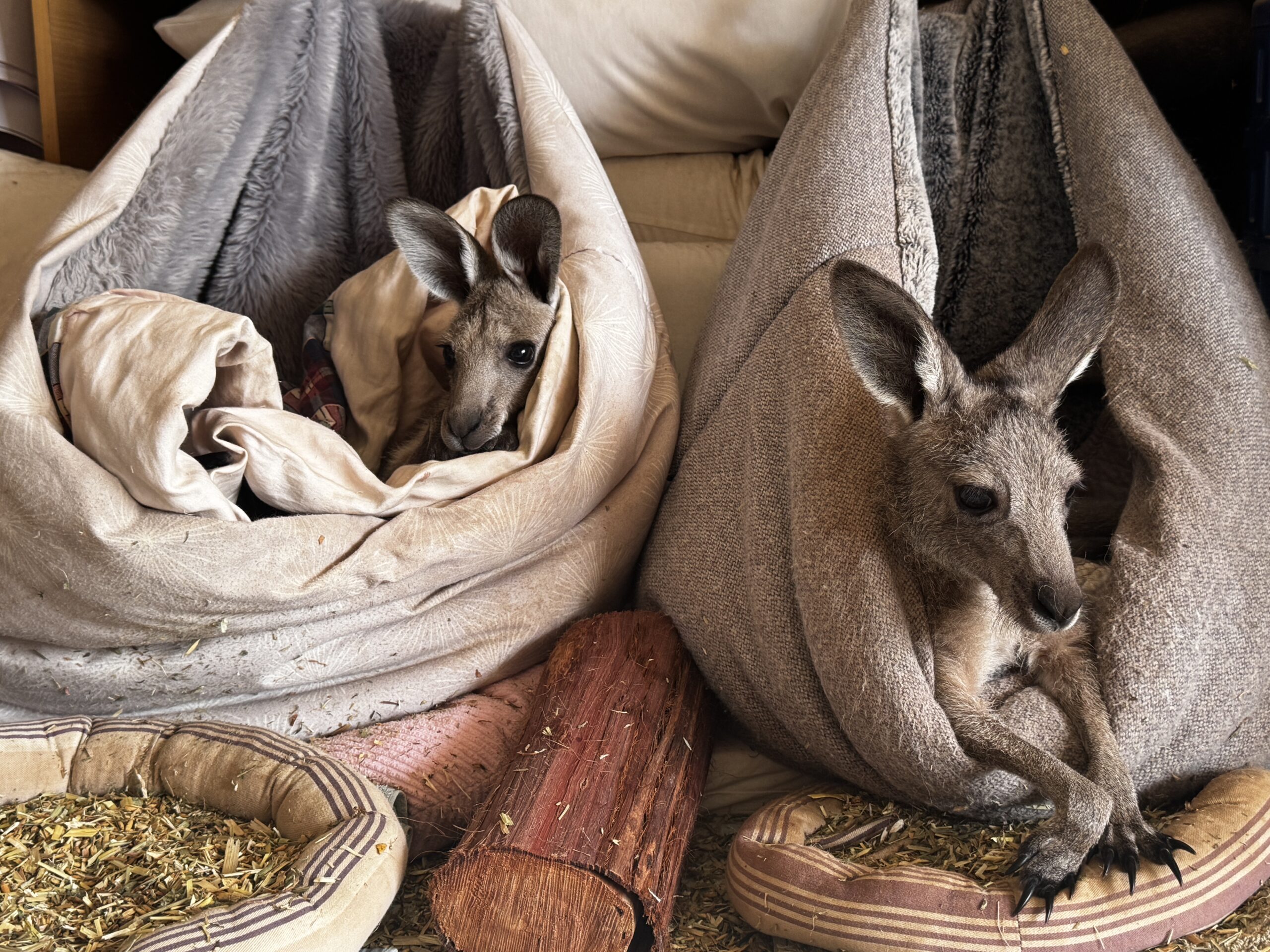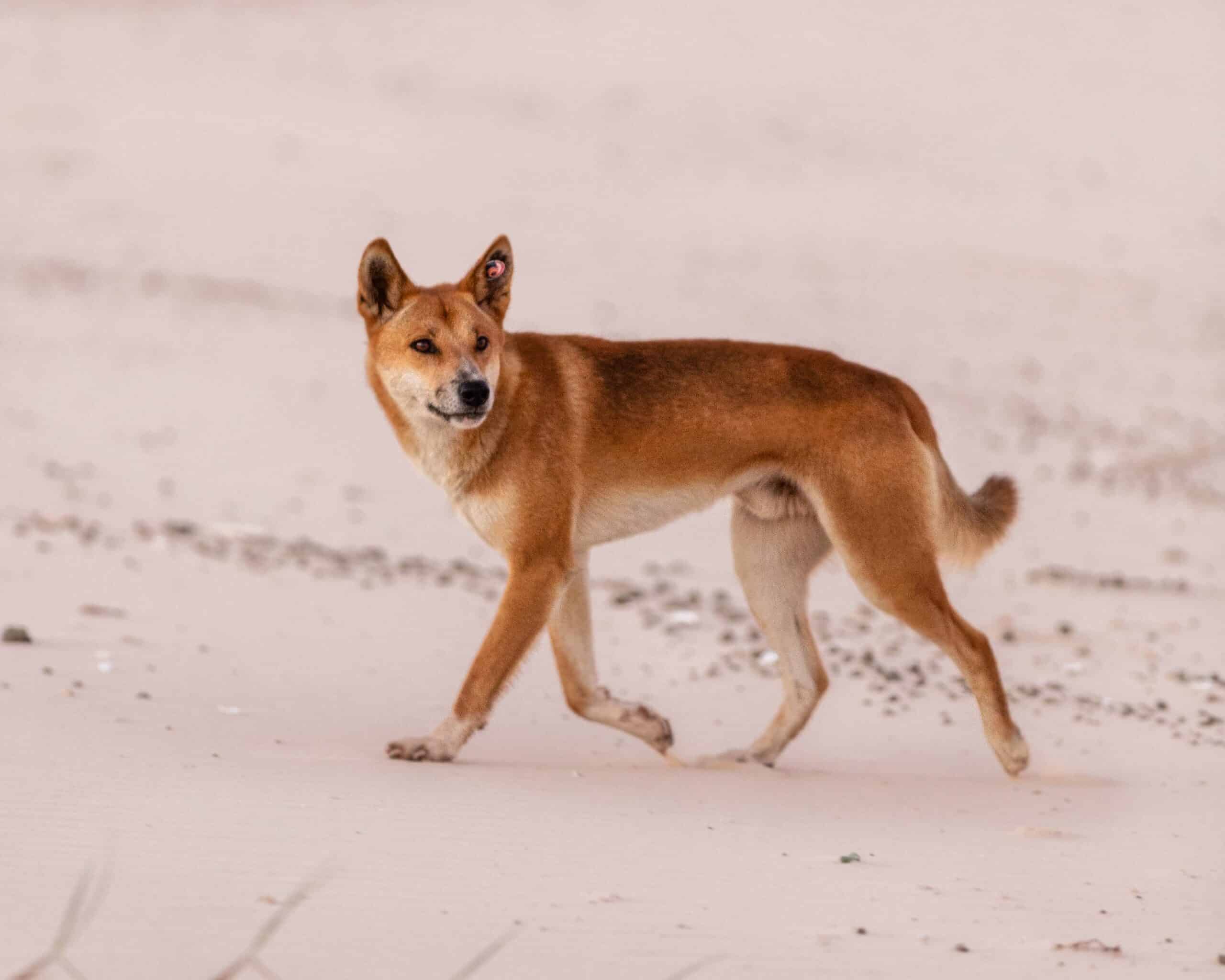When disaster strikes, wildlife rescue is rarely quick or simple. It is a slow, meticulous act of care that often begins with a single phone call from a worried member of the public, or a sighting by a search team moving through burned country. During the ongoing bushfires in Victoria, Humane World for Animals teams have been...
Humane Society International’s Indian office is making great gains for animals since opening five years ago. Working alongside local groups, our HSI team has just succeeded in persuading authorities to ban the import of the skins of exotic animals and furs into the country.
The critical decision by India’s Directorate General of Foreign Trade to ban the import of skins of reptiles like crocodiles and alligators, and mink, fox, and chinchilla fur, is expected to spare the lives of tens of thousands of animals. In India, the consumption of leather and exotic furs has surged in recent years. For example, the import of reptile skins increased by 1800 percent between 2014-2015 and 2015-2016. The amount of other types of fur imported by India has also risen by several hundred percentage points.
The ban on reptile skins and exotic furs will help to stem a new and growing market for this cruel trade. Globally, tens of thousands of animals suffer in factory-farm-like conditions where they are raised for their skins and furs, but producers need markets in order to sell their wares. When India stops the import of such items, just as China is stopping the sale of ivory, it changes the equation dramatically for animals.
Globally, tens of thousands of animals suffer in factory-farm-like conditions where they are raised for their skins and furs. Photo: SAAW International
HSI/India also succeeded in fighting off a challenge to a ban on cockfighting in the South Indian states of Andhra Pradesh and Telangana where this cruel practice peaks in January, during a local festival. Cockfighting is banned by the Indian Supreme Court, but in states such as Andhra Pradesh and Telangana, it is still widespread. It’s an underground activity, but cockfighting enthusiasts are also working to decriminalize it and to clear the path for the continuation of their recreation.
Cockfighting is bloody, barbaric, and cruel. It can’t be logically exempted from India’s strong legal prohibitions against cruelty. The roosters have knife blades attacked to their feet to accentuate the bloodletting and to expedite the demise of one of the combatants. As in the United States, these enterprises often encourage and involve other crimes, like gambling and, in India, child labor. The high court’s decision to uphold the ban on cockfighting will spare the lives of countless thousands of birds, but it’s critical that it’s enforced and that it’s not simply a nominal prohibition.
As always, apologists for cruelty invoke tradition and culture as defenses for barbarism. But we’re breaking through those overbaked arguments and appealing to the true cultural and religious traditions that call for mercy and kindness. In 2015, our HSI/India team ended the cruel Gadhimai festival in Nepal, where half a million animals were slaughtered in mass serial acts of animal sacrifice every five years. In the northeast Indian state of Assam, HSI/India last year succeeded in getting the state’s high court to uphold a ban against the practice of fighting bulbuls, tiny songbirds, during a local festival. The birds are intoxicated, starved, and then made to fight for an audience. HSI/India also got a ban implemented against buffalo fights in the state of Assam, and against bullfights in the state of Goa. In prior years, we’ve had gains against confinement of animals on factory farms, the slashing of sharks for their fins, the poisoning of animals for cosmetic testing, and other major advances.
With more than a billion people in the nation – one-seventh of the world’s population – these gains are magnified in an extraordinary way.
Don’t buy fur and exotic animal skin. Here’s our guide.


